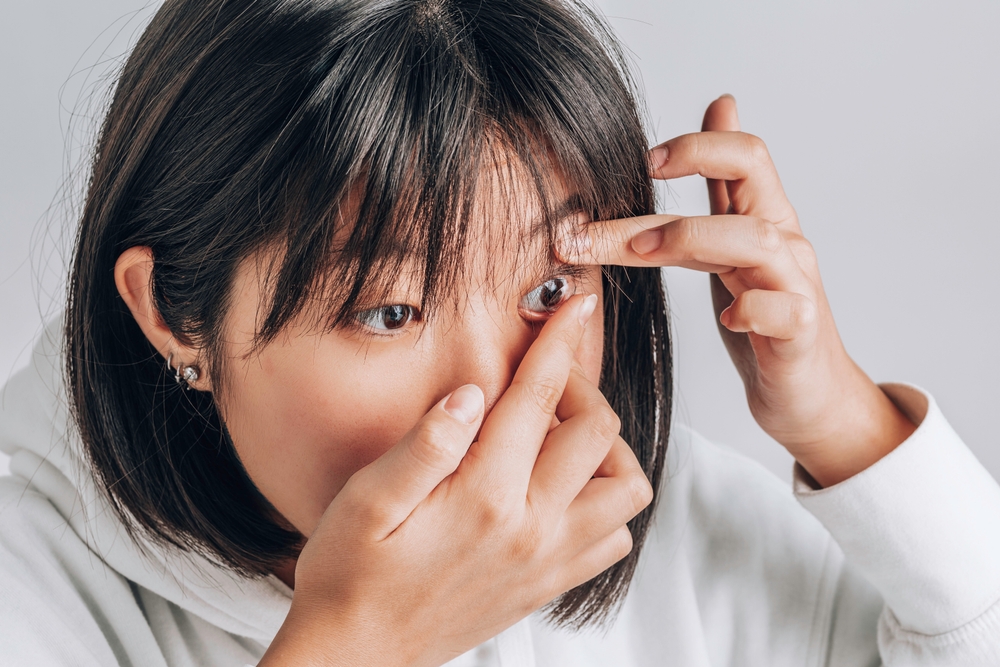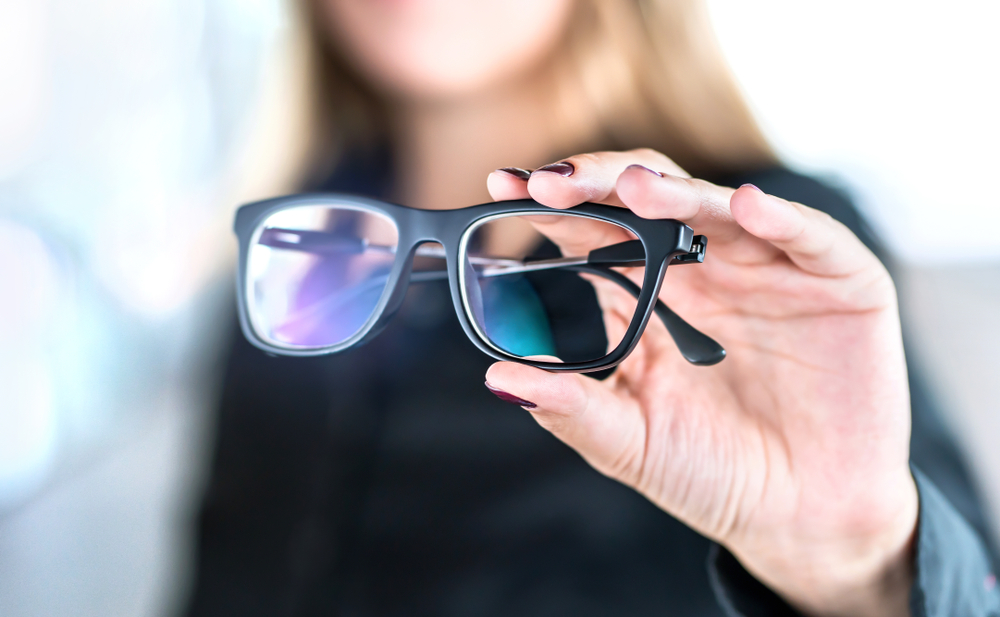Eye Care Services In Palm Bay, FL
At Coastal VisionCare, we're dedicated to delivering comprehensive eye health services to the Palm Bay community. From routine eye exams to specialized eye health care, our team is here to support your vision and eye health needs with personalized attention. Explore our wide range of services below, and feel free to reach out with any questions-we're here to help you see clearly and live confidently!

Glaucoma
During a comprehensive eye exam, your eye doctor will always check for glaucoma, regardless of the risk level. This provides a baseline for comparison as you age. There are two tests: tonometry and ophthalmoscope. Tonometry measures the pressure within your eye while Ophthalmoscopy is an examination of your optic nerve.

Comprehensive Eye Exam
Your comprehensive eye examination is tailored to your specific needs and concerns. During your examination, your eyes will be fully evaluated for your current prescription, your eye muscle function, your visual pathway function and the health of your entire eye. In addition to being evaluated for cataracts and glaucoma, your eyes are also monitored for hundreds of other diseases and conditions that may occur in the eye. Most patients will have eye drops put in their eyes that will dilate (enlarge) their pupils in order for the doctor to fully view their entire retina. At the end of your examination, you will have a glasses prescription and the doctor will fully review the findings and answer any questions you may have.

Age Related Macular Degeneration Exams (ARMD)
As we age, the retina may develop deposits caused by drusen, therefore, good quality, polarized sunglasses that have ample coverage of the entire eye should always be worn while outdoors and driving. There are 2 types of ARMD, dry and wet. Dilated eye exams and OCT (scanning of the inner layers of the retina) will be performed to monitor for changes and evaluate which treatment is necessary.

Refractive Surgery Examination
Any patient considering refractive surgery (Lasik) should let the doctor know at the beginning of the exam. In addition to your comprehensive eye exam, the doctor will do additional testing to evaluate if you are a candidate for Lasik or one of the other types of refractive surgery. At the end of your exam, the doctor will discuss the risks and benefits of surgery and refer you to a surgeon if you decide you would like to proceed. In addition, once you have had your surgery, the doctor will provide your after surgery care.

Contact Lens Examination
Your contact lens examination includes first having a comprehensive examination. If during the examination, the doctor finds your eyes are healthy and you are a good candidate to wear contact lenses, the doctor will review the different options available to you to correct your vision. Once you and the doctor have decided on the best option for your eyes, the doctor will take the measurements necessary to fit contact lenses on your eyes and proceed at that visit to put lenses on your eyes or will order the contact lenses that will be needed. New contact lens wearers will receive instruction on inserting, removing and caring for their new lenses. Follow-up appointments will be scheduled in order for the doctor to evaluate the lenses after you have had the opportunity to wear them to ensure the lenses are providing good vision and are healthy for your eyes to continue to wear them.

Pediatric Examination
We welcome children starting at age 5 for comprehensive eye exams. Our goal is to ensure your child’s vision is developing properly and to detect any issues early. Parents are always welcome and encouraged to be in the exam room throughout the visit.
Every pediatric exam includes the use of dilating eye drops. These drops allow the doctor to thoroughly examine the internal health of the eye and provide the most accurate vision prescription possible. By temporarily relaxing the focusing system, we can evaluate your child’s eyes in a controlled visual environment—ensuring their prescription is precise and tailored to their unique visual needs.
Your child’s comfort and eye health are our top priorities, and we strive to make each visit informative, gentle, and reassuring for both kids and parents.

Myopia Management and Control
Children experiencing increased myopia, or nearsightedness, have a higher risk of retinal diseases, glaucoma, and early onset cataracts. Our Myopia Management and Control Program provides methods of treatment such as Orthokeratology, soft myopia control soft contact lenses, and atropine drops to stop the rapid progression of myopia. A comprehensive examination is first completed and the best option for treatment will be discussed with the child and parent to provide the best visual success and eye health.

Emergency Visits
Anyone experiencing sudden vision problems or eye infections should call our office immediately at (321) 724-2020.

Diabetic Eye Exams
Diabetes is the leading cause of blindness in the working age group. Unfortunately, diabetes affects the blood vessels throughout the body including the eye. A minimum of yearly eye examinations with dilation are essential for any patient diagnosed with prediabetes or diabetes to ensure any signs of diabetes affecting your eyes are caught at the beginning stages so appropriate treatment can begin. We communicate with your family doctor or endocrinologist all of our findings to ensure we are working as a team to manage the effects of your diabetes on your eyes.

Dry Eye
Dry eye is a common issue that can affect people of all ages, often making everyday tasks like reading, working, or driving more difficult.

Specialty Contact Lenses
Every patient is different and so are their eyes. This means that there need to be different types of contact lenses to suit each individual.

Specialty Lenses
As we age, our eyes go through natural changes that can make it harder to see clearly at all distances. Many people find themselves needing separate pairs of glasses for reading, computer use, and driving, which can be inconvenient. Multifocal glasses and specialty lenses are designed to simplify life by addressing multiple vision needs in a single solution.

Binocular Vision Disorders
Binocular vision allows both eyes to work together to create a single, clear image. When this coordination is disrupted, it can cause eyestrain, double vision, and difficulty focusing. Binocular vision disorders can affect anyone and often go unnoticed - making early detection and treatment essential for clear, comfortable vision.


